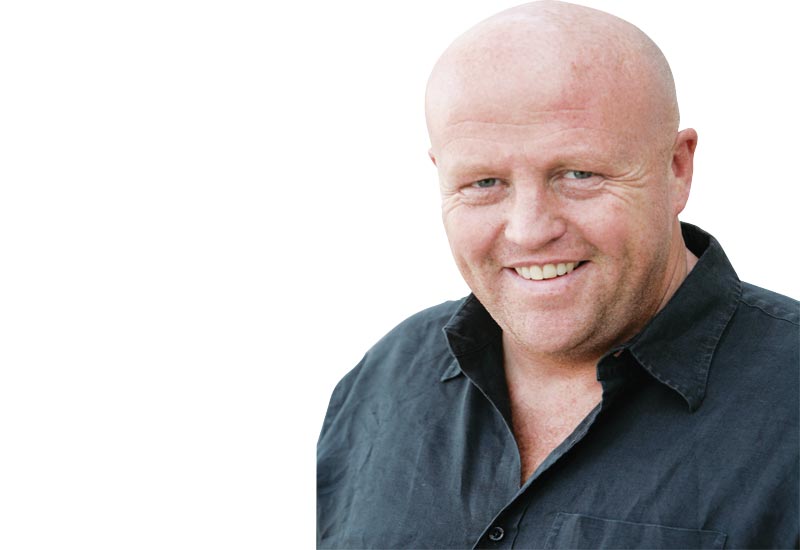The panel session followed the opening debate at the Bars and Nightlife Forum which discussed the evolution of the UAE’s nightlife and addressed the differences between hotel, restaurant and club operations.
Here, moderator Greg Dufton, co-founder of Think ME, the event management company hired by Atlantis to run Sandance, said: “To be honest there’s not a lot of hotel people who really get nightlife”.
Independent operators Markus Thesleff, co-founder of Okku Dubai, and Richard Haddon, club operations manager at Movida Dubai, agreed, saying they operated their venues in completely different ways to hotels.

| Advertisement |
“If you look around you’ll see everyone is chasing to put a nightclub in their hotel because they think it’s easy revenue,” said Thesleff. “A lot of hotels look at us as being easy revenue and it’s not, we cross both boundaries, we’re mainly a restaurant but we do some late nights, at the end of the day it’s probably the hardest segment to cater for. It’s two hours, I don’t care whether you’re a restaurant or a late night venue, pretty much you have two hours to make your money from a customer, after that they go somewhere else.”
This was the challenge for Movida, a tenant at Radisson Royal Hotel Dubai, said Haddon, which opens only on three nights of the week, for four hours a night — the type of club model advocated by Keane.
Haddon revealed: “We’re a venue that’s open three nights a week which comes to 12 hours, but out of those 12 hours we’re only busy six of those, so in six hours a week we need to turn over in the region anywhere between 750,000 and a million dirhams in six hours a week, so the pressure that we have during those six hours is monumental”.
In comparison, he said a hotel was a “living breathing thing”, operating continuously.
“Sometimes f&b departments don’t operate in the same way nightclubs do so there has to be a kind of understanding between us and the f&b department of the hotel to make sure everybody kind of gets what we’re all working towards, which is the same goal at the end of the day —making money basically,” concluded Haddon.









 Search our database of more than 2,700 industry companies
Search our database of more than 2,700 industry companies









